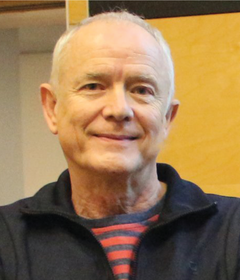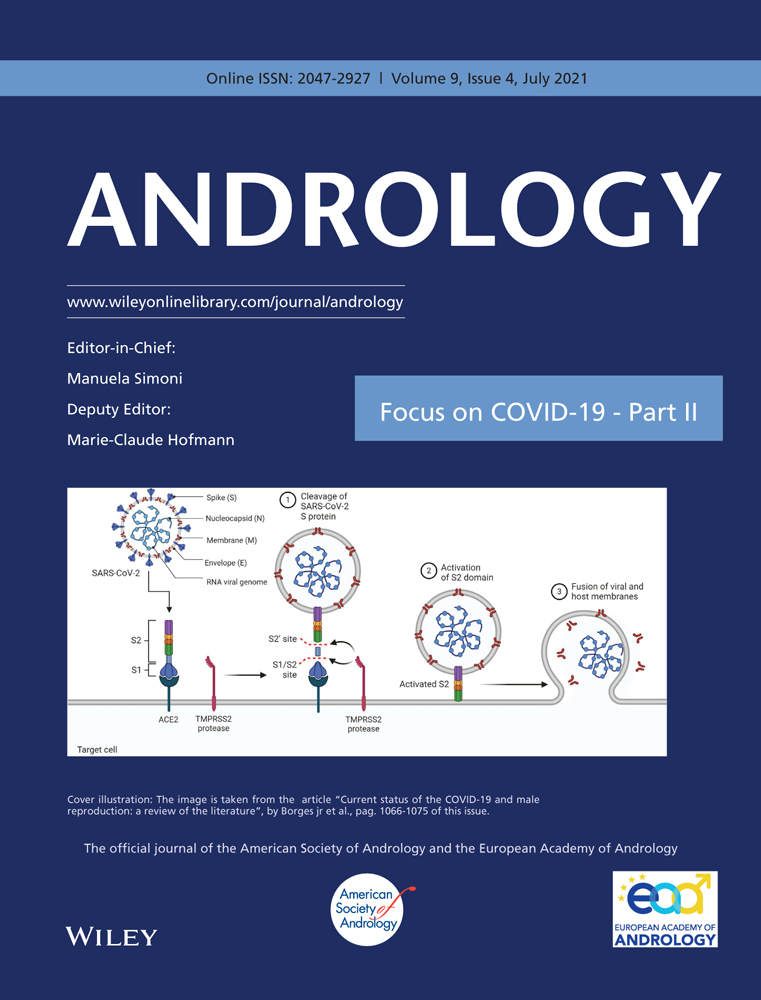In memoriam: Bernard Jégou, humanist scientist

Breton researcher, citizen of the World, Bernard Jégou was born in 1951 in Saint-Brieuc (Côtes-d'Armor, Brittany, France). His mother was a worker, a housekeeper and then a nurse's aide. His father, a farm worker, was an early resistance activist who, because of that, was deported to Auschwitz and Buchenwald.
Badly adapted to the school system, he hitchhiked the world before training in technology. Equipped with a baccalaureate equivalence, he joined a university of technology before beginning research at INRA (National Institute for Agricultural Research) where he met Charles Thibault, a pioneer in reproduction research. After obtaining his Doctorate in Biology in 1976, he joined Etienne Émile Baulieu lab at INSERM. At the age of 27, together with his wife Florence Le Gac – also a researcher – he went to Australia to do postdoctoral studies in David de Kretser's laboratory where he began to decipher the interactions between germ cells and Sertoli cells as well as the control of sperm formation in the testis, a research theme in which he obtained further training in Norway.
Upon returning to France in 1982, he became an assistant professor (lecturer) at the University of Rennes and subsequently Director of Research at INSERM (National Institute of Health and Medical Research). He was leading teams devoted to the male aspects of mammalian reproduction. Concerned about the human impact of his research in the field, he worked closely with CECOS and Georges David's team. In 2009, he laid the foundation for an international research center aiming at understanding how the environment and working conditions affect our reproductive health. In 2012, Bernard officially created the “Institut de recherche en santé, environnement et travail, IRSET.” This big research center, which he directed until 2019, brings together several hundred researchers, engineers, technicians, and administrative staff combining a wide variety of skills, from genetics to human and social sciences, from epigenetics to toxicology and epidemiology. Since 2019, he continued his activities as Inserm Emeritus Research Director in the team of Nathalie Dejucq-Rainsford, his former PhD student.
He has been at the forefront of international scientific production on the mechanisms and developmental disorders of germ cells. He showed that viruses such as HIV, chemicals such as endocrine disruptors or chlordecone, and drugs such as paracetamol and ibuprofen played critical roles in reproductive functions and birth defects. He was one of the first to describe and develop the concept of the exposome. We remember Bernard as a curious and enthusiastic researcher, pioneer of new avenues, passionate about archeology and anthropology; he studied the testes and spermatozoa of mammoths as well as those of Egyptian mummies. Recently, he also supervised the first study of paleofertility.
Appointed holder of the “Environment-Health-Reproduction” chair of the École des Hautes Etudes en Santé Publique (EHESP) in 2012, he became the Research Director of this institute, ensuring a dual mission of training and research in public health and in social action. He was the chairman of the Scientific Council of INSERM from 2008 to 2012 and the National Academy of Medicine awarded him the prestigious Salat Barroux Prize in 2017.
Bernard Jégou was regularly invited to give lectures around the world. Throughout his travels in Europe, North and South America, and Australia, he had the uncanny ability of developing strong friendships with colleagues wherever he went. He also organized a number of national and international meetings and has been part of the permanent Scientific Committee of the European Testis Workshops.
Deeply attached to Brittany, he has in his humble but welcoming fisherman's house in Trébeurden an impressive collection of objects, photos of Bigouden women and Breton families, cut stones, paintings and fishing utensils gleaned along the coasts and at the antique dealers he frequented with Emmanuella, his second wife, and his many colleagues. These treasures stand alongside a number of contemporary works and paintings, witnesses to his love of artists, the arts, and poetry. His civic and political commitment was that of a humanist and great concerns about the environment, a heritage from his father. He transmitted to his two daughters and his four grandchildren this love for Brittany, of life, of knowledge for human happiness.
Each of us who have had the privilege to spend some hours in Bernard's company agrees that he was quite unique. Not only because of all the achievements listed above, but also due to his personality. Spending time in Bernard's company was never boring. Regardless of whether you were talking about science, culture, politics, humanity or just listened to his jokes, you felt being enriched as a human being. His spirit and his achievements will be remembered by the andrological community for many years to come.




